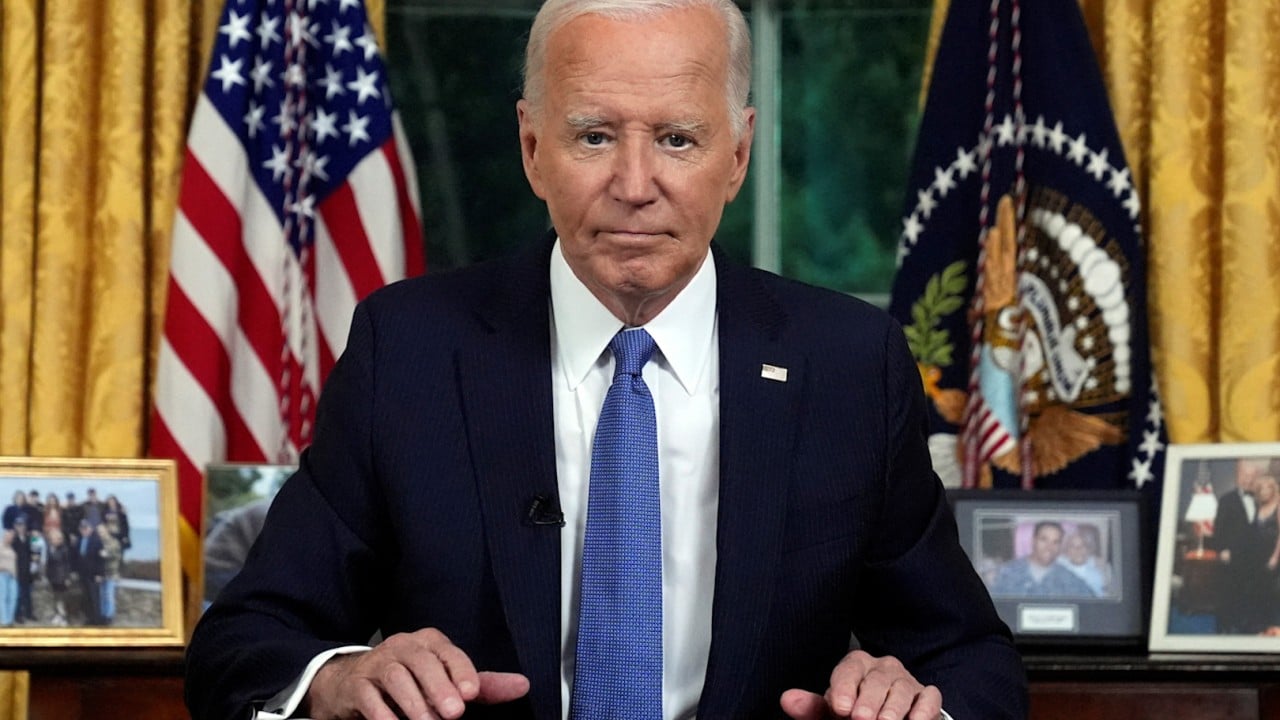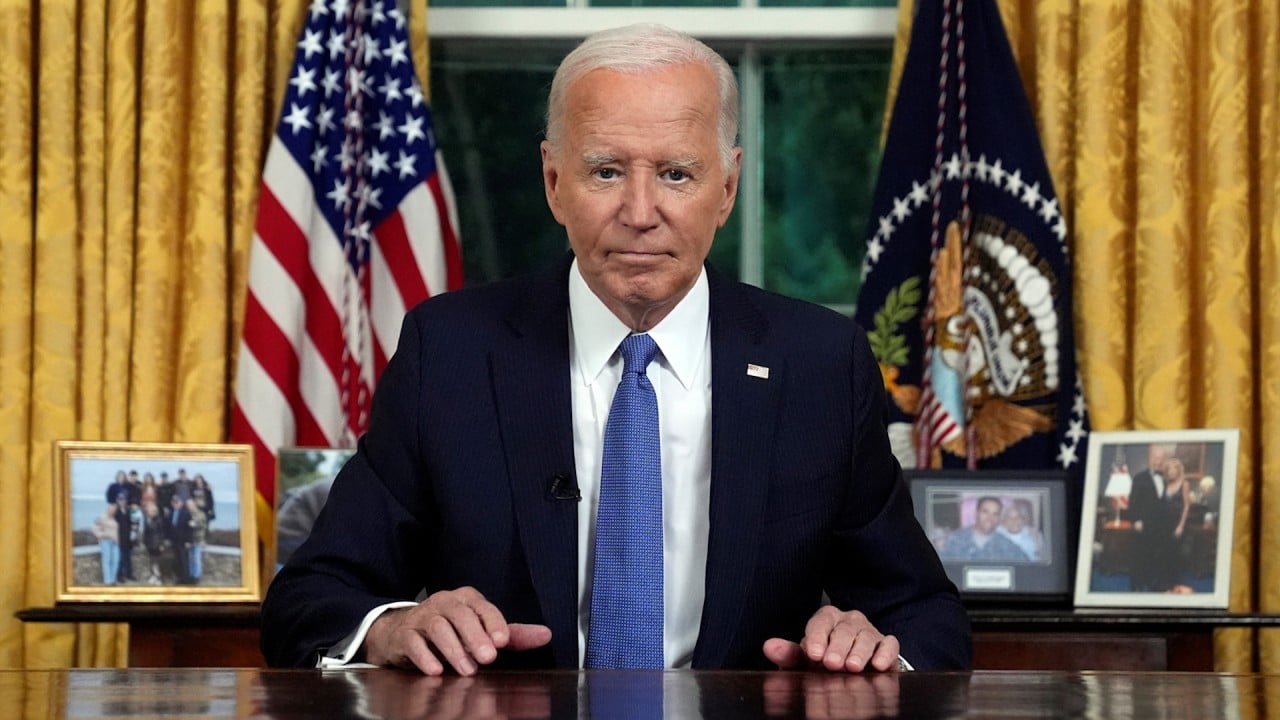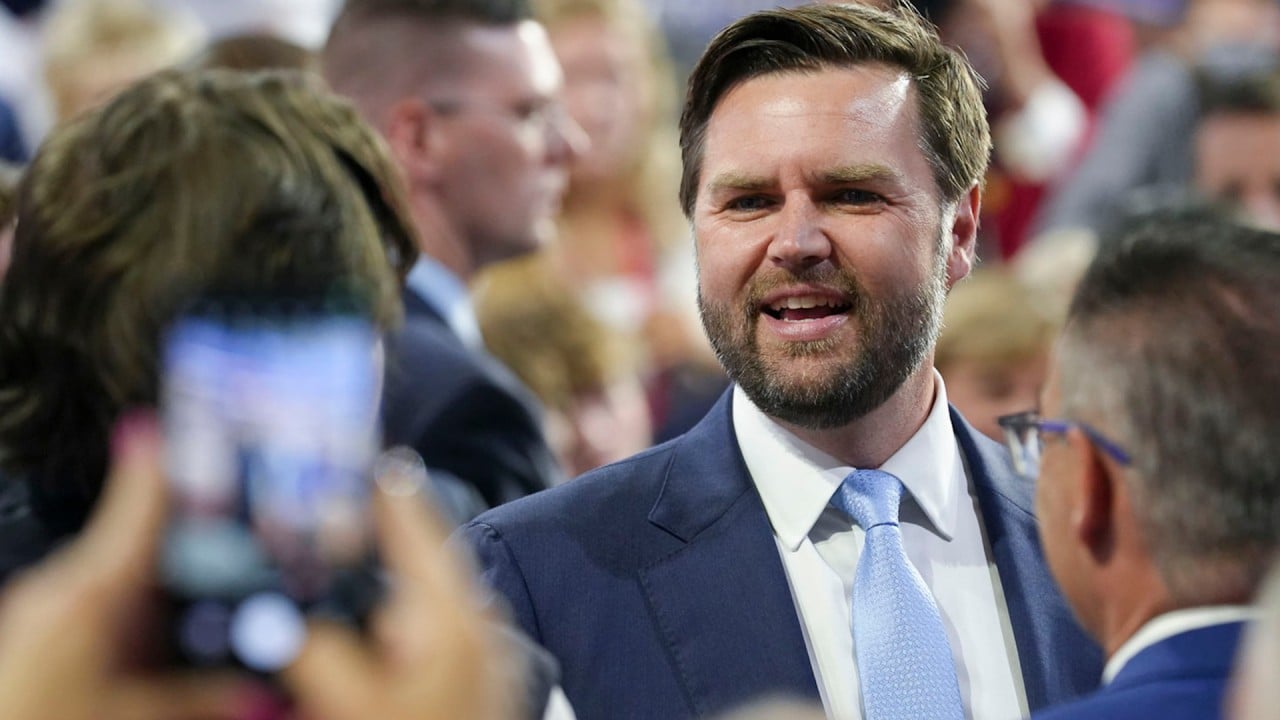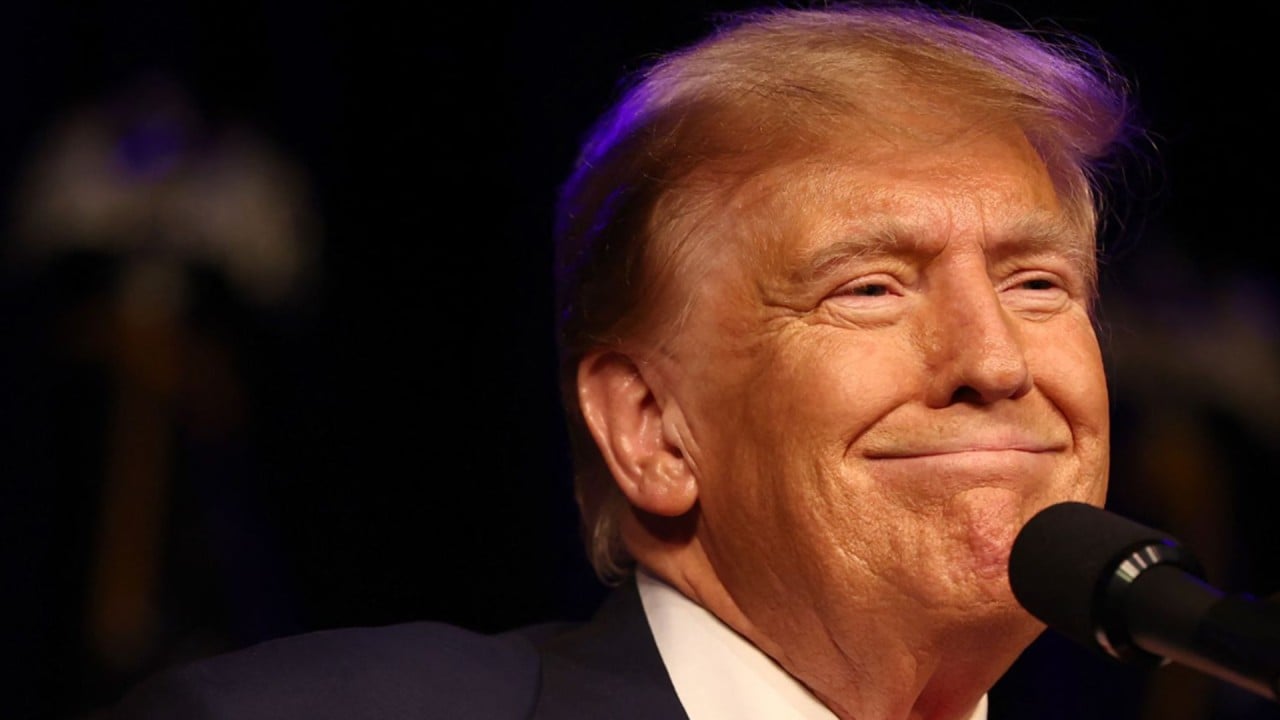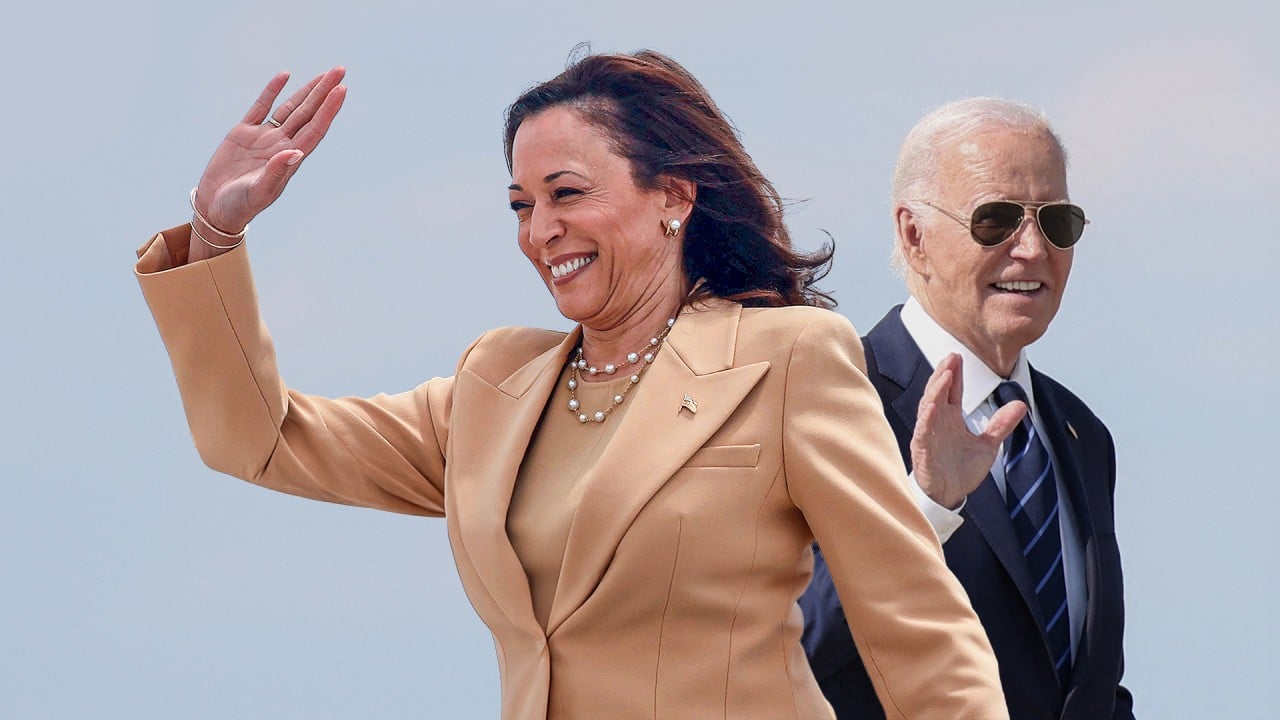“I revere this office, but I love my country more,” said outgoing US President Joe Biden after abandoning his re-election bid. “So I’ve decided the best way forward is to pass the torch to a new generation. That’s the best way to unite our nation.”
No rivals were named but Biden made clear his excruciating decision was part of a bigger struggle to prevent Donald Trump’s return to the White House. His decision was a relief for many Americans, including fellow Democrats and long-time political allies, who believe he was too old and frail to prevent a second Trump presidency.
Biden’s departure, however, also marks the end of an era of distinctly multilateral American leadership. Whoever wins this year, America’s foreign policy will increasingly be shaped by some element of protectionism and unilateralism, if not nativism. Even its closest allies in Asia should quietly prepare for the worst.
Despite their radical differences, both the Obama and Trump administrations represented major disruptions in American foreign policy. The former embraced a post-racial and broadly pacifist global vision, which encouraged some allies but also emboldened rivals, who exploited Obama’s aversion to conflict.
Trump further weakened America’s position in Asia by jettisoning the Trans-Pacific Partnership, imposing tariffs on both allies and rivals, and embracing an unabashedly amoral and transactional foreign policy, which sapped Washington’s strategic capital.
No wonder then, that the return of “old guards” such as Biden to the White House was warmly welcomed in Asia. Biden represented a more classical form of American liberal foreign policy, which combined multilateralism, free trade economics and military strength.
In Southeast Asia, the US experienced a dramatic jump in approval when Biden came into office. Over 61 per cent of respondents in “The State of Southeast Asia” survey said they would choose to align with the US over China in 2021, up from over 53 per cent in the previous year. Three years later, however, that majority had reversed to 50.5 per cent for China.
After all, the Biden administration has broadly failed to present a single viable economic initiative in Asia. The Indo-Pacific Economic Framework (IPEF) and plans to push digital free trade were more sizzle than steak. Washington also struggled to provide an alternative to China’s Belt and Road Initiative and to deepen trade and investment networks.
Biden’s greatest achievement was either to impose tech sanctions on China, which arguably alienated key trading nations such as Singapore, or to corral new military alliances, especially with Japan, Australia and the Philippines, which raised fears of a new cold war in Asia.
Yet a post-Biden America may be even more troubling. On the surface, a second Trump presidency shouldn’t be a major source of concern. After all, the first iteration wasn’t as devastating as many had feared, and top Trump advisers are signalling a pragmatic, Asia-focused foreign policy. But there are profound concerns in Asia.
To begin with, Trump is signalling a more aggressive “America First” strategy, including massive tariffs on all major trading partners, whether allies and rivals, to protect American industries.
Under the leadership of notorious protectionists such as Robert Lighthizer, the US is likely to employ more punitive measures to coerce allies to toe the line on a whole range of cutting-edge industries, from semiconductors to electric cars, to contain China’s technological dominance.
Another concern is the politicisation of American bureaucracy, which could undercut the country’s ability to competently conduct foreign policy. Trump’s profound disdain for the American security establishment could culminate in mass lay-offs of seasoned intelligence and defence officials in favour of inexperienced and ideologically driven appointees.
Moreover, an older and angrier Trump could be even more distractible, impulsive and adventurous, increasing the likelihood of America sleepwalking into conflict, especially in turbulent regions such as the Middle East. Trump’s transactionalist streak could equally threaten allies with abandonment and opportunistically walk back any modus vivendi with rivals.
In Japan, moshi-tora (“if Trump”) has been coined to reflect deepening anxieties over another Trump presidency. Tokyo even dispatched former prime minister Taro Aso to gauge Trump’s mood and likely foreign policy.
Although less probable, a Kamala Harris presidency raises its own set of concerns. Harris lacks experience and authority on the global stage, and is unlikely to be any more successful than Biden in pushing consequential initiatives, especially on the economic front. Aside from her scepticism of free trade, she is likely to grapple with powerful protectionist forces in the Congress and among Democrats.
She will also struggle to reconcile her more pacifist instincts and critical stance towards unruly allies with an increasingly contentious and conflict-ridden global geopolitical landscape, where rivals such as China and Russia are more assertive than ever. A Harris administration is likely to also embrace a stricter immigration policy to stave off the nativist backlash from the pro-Trump camp.
America’s greatest weakness, however, will be its increasingly toxic domestic politics, which will further undercut its moral leadership and democratic credentials. Given the extreme climate of polarisation, and seemingly irreconcilable differences over a whole host of social issues, there will certainly be an ugly post-election fallout.
Thus, the next American president is likely to be haunted by turbulent domestic politics and a sceptical world. For all its shortcomings and the disastrous legacy in the Middle East, Biden’s foreign policy is likely to be remembered with nostalgia in the coming years by both allies and rivals.
Richard Heydarian is a Manila-based academic and author of “Asia’s New Battlefield: US, China and the Struggle for Western Pacific”, and the forthcoming “Duterte’s Rise”


